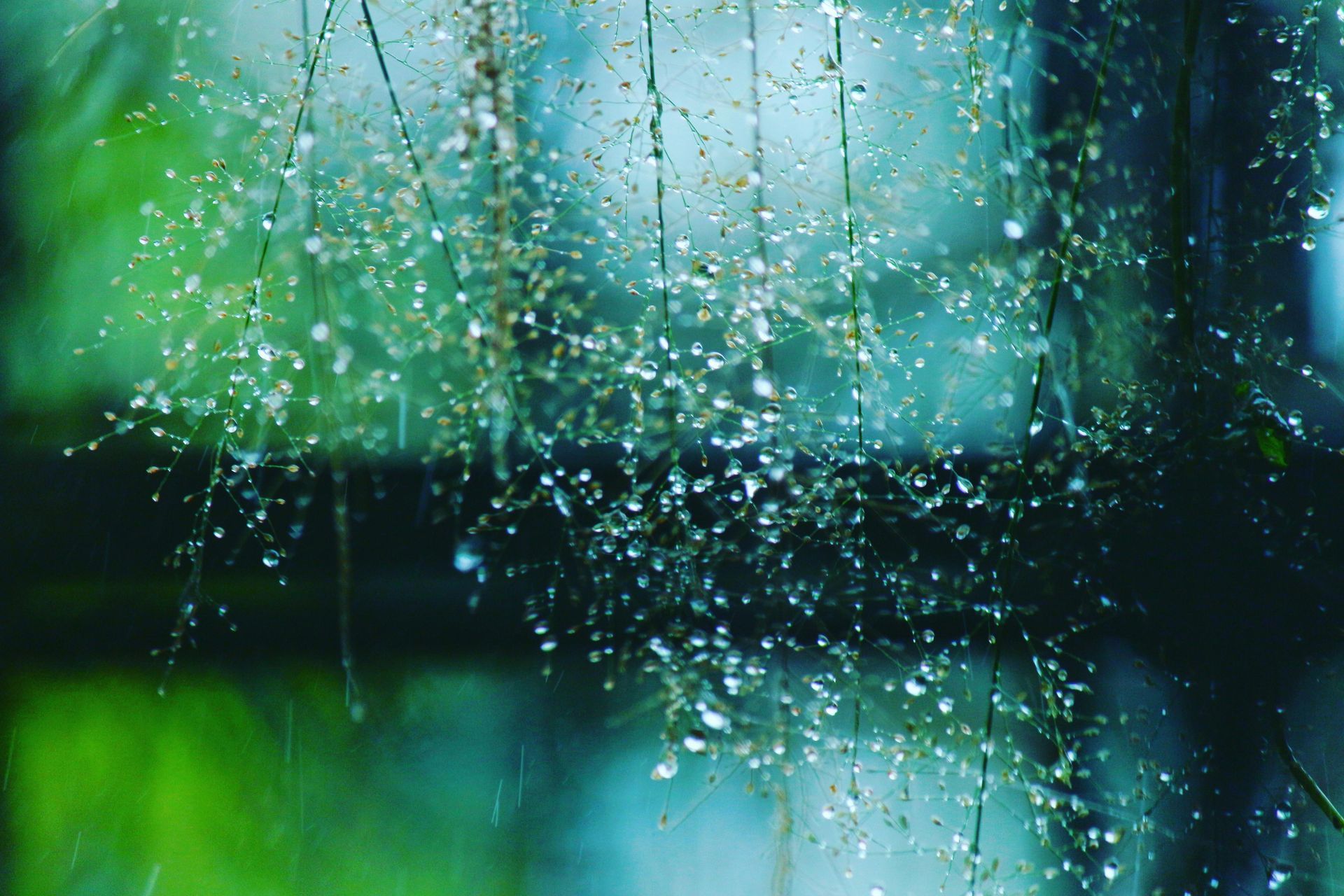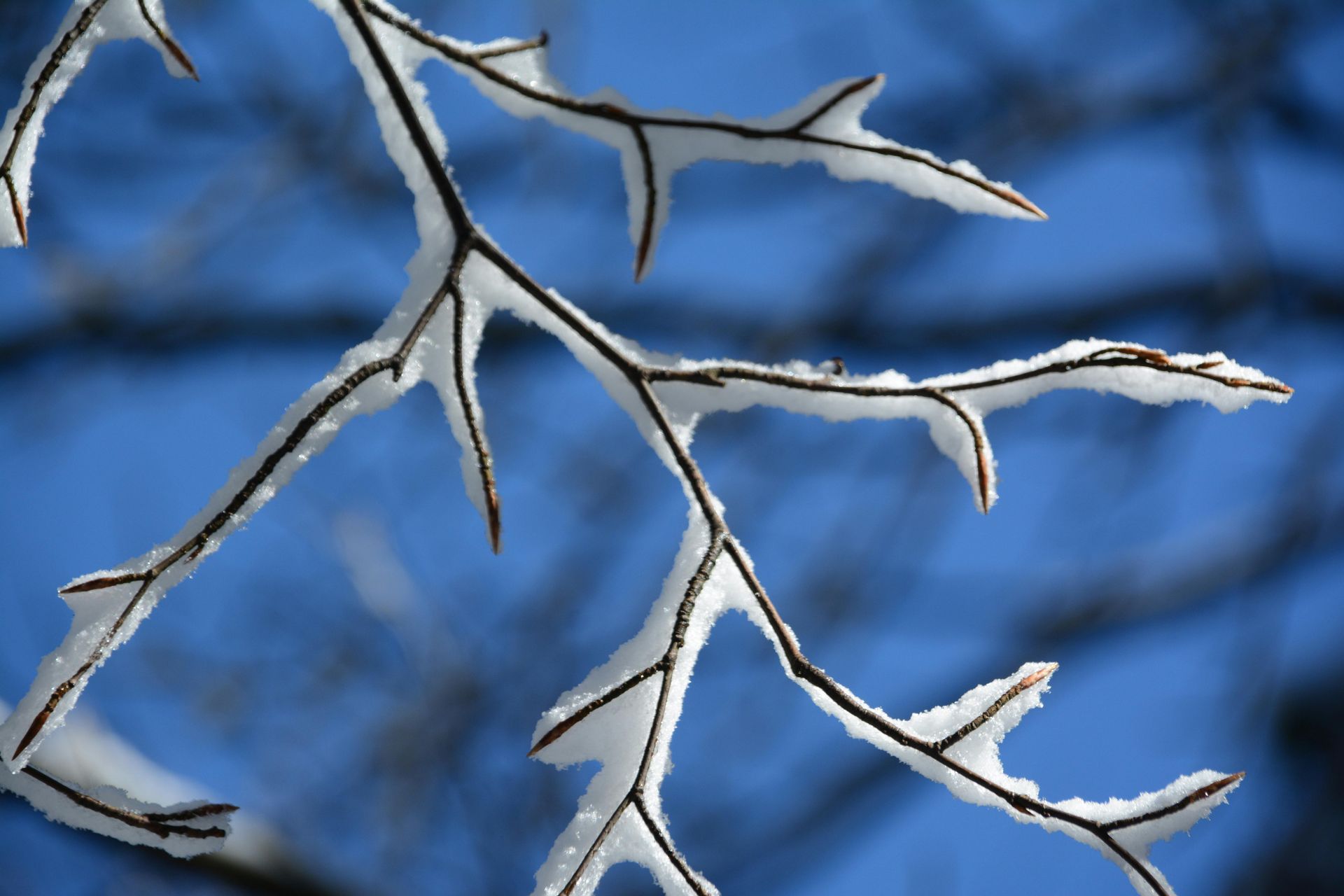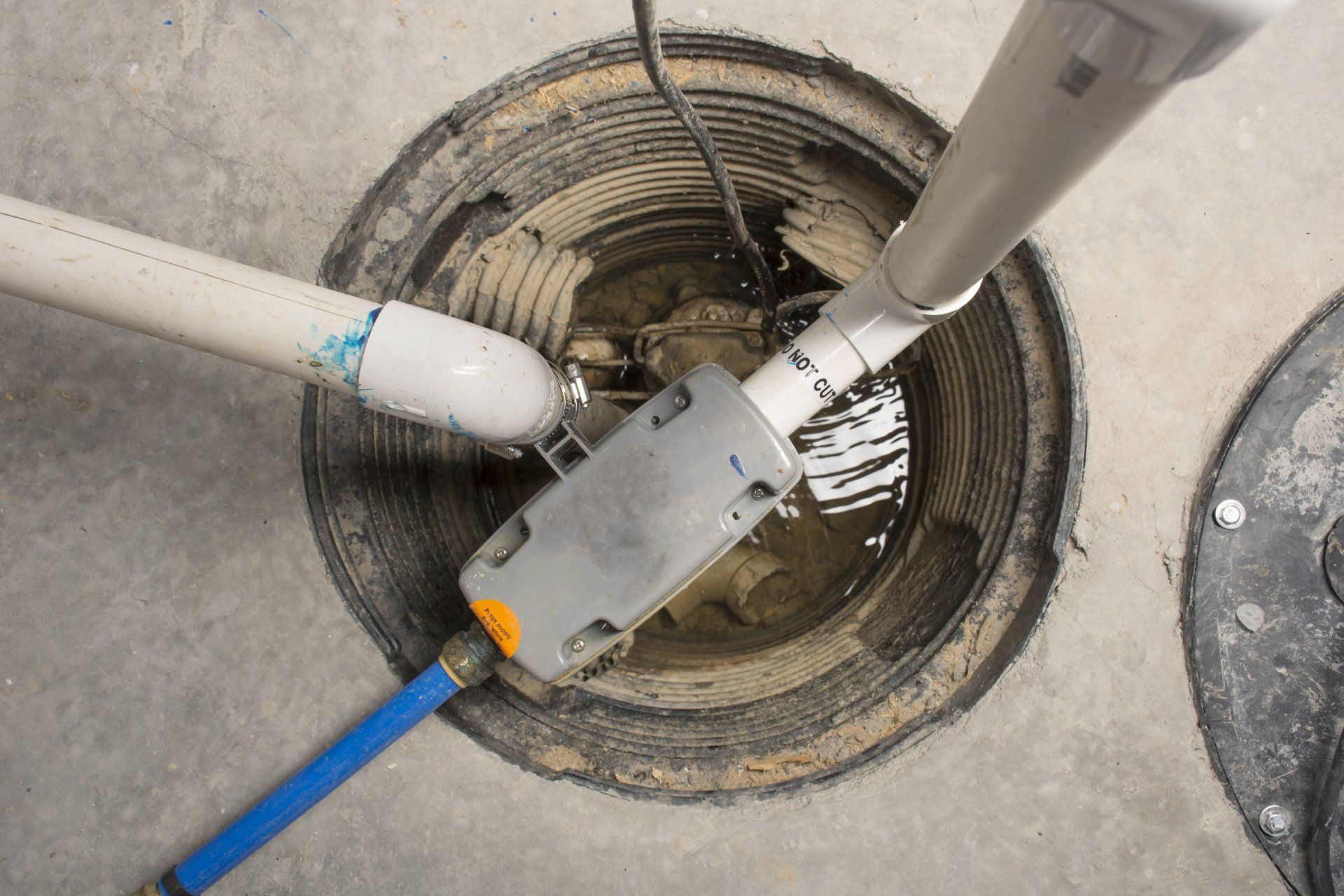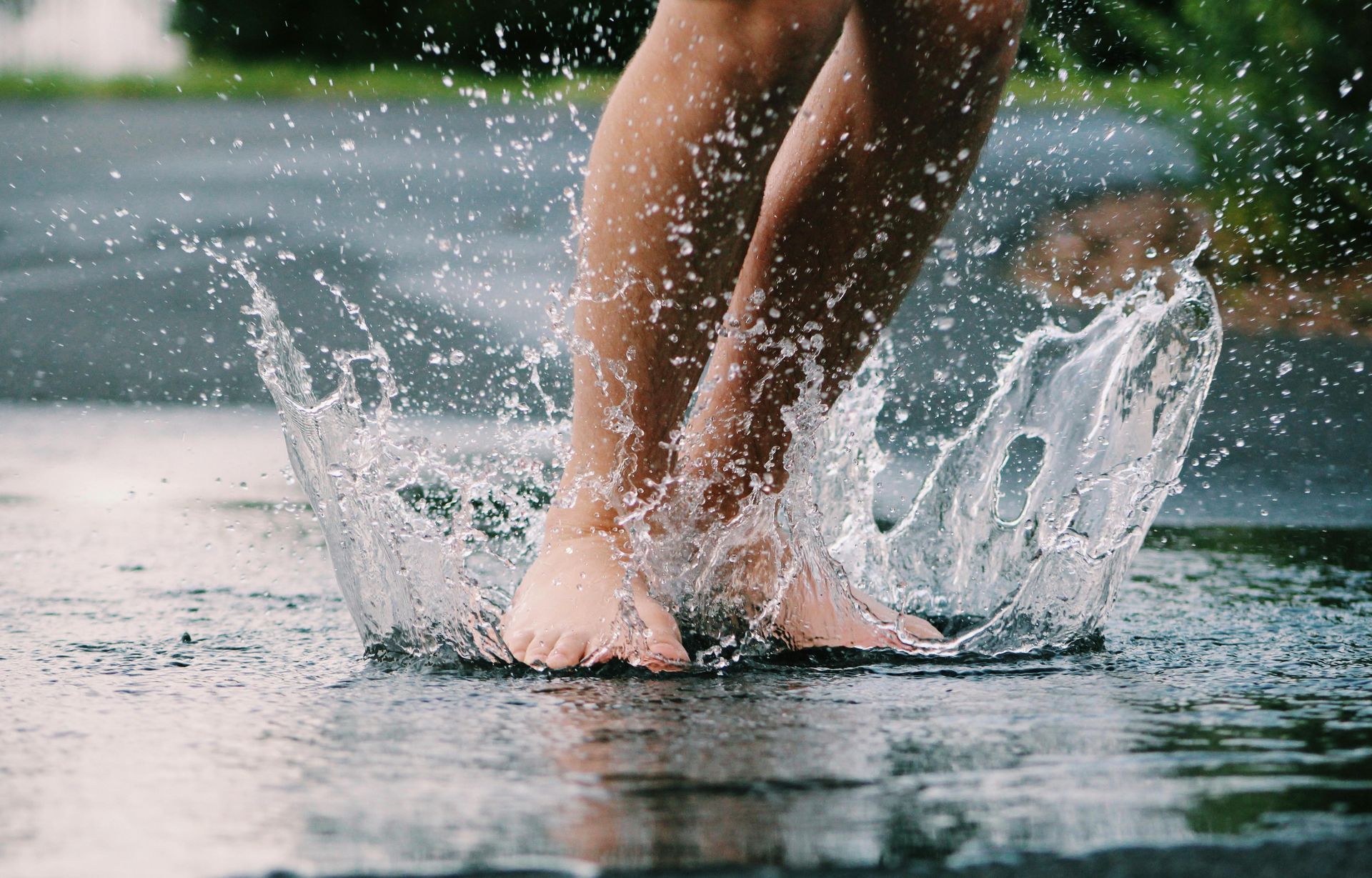Do I Need a French Drain?
Signs Pointing to Yes When Considering a French Drain
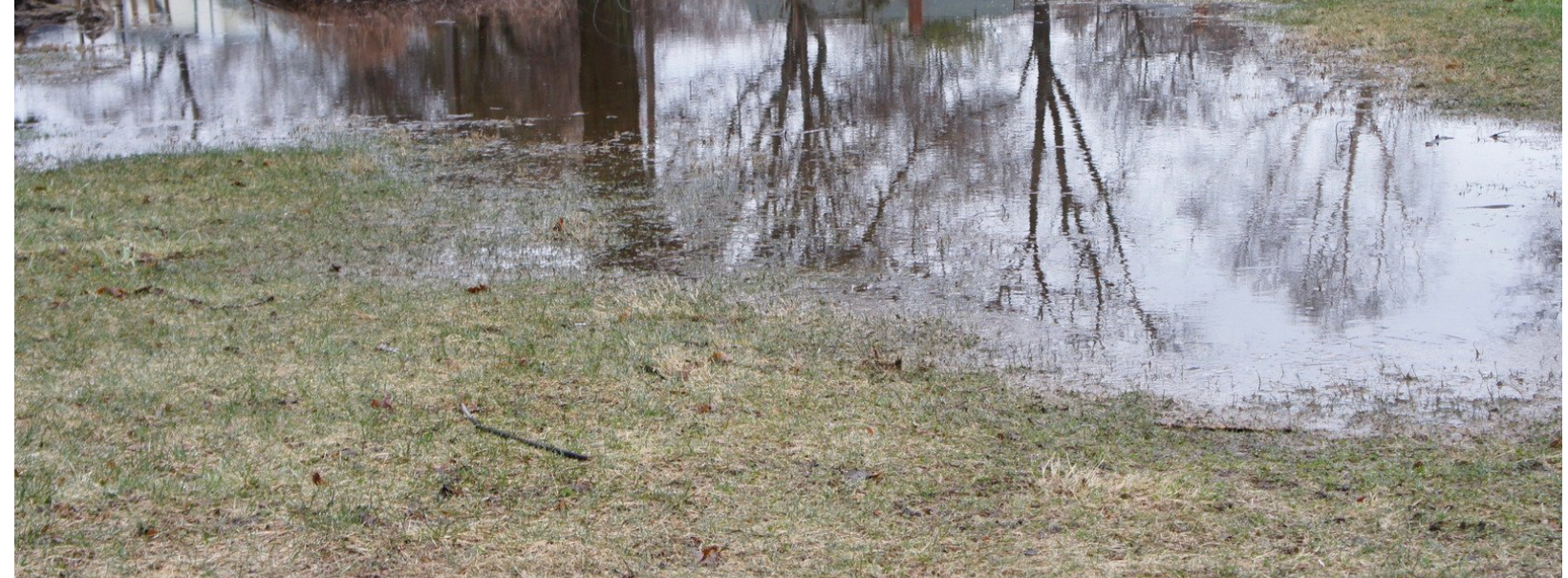
If your lawn is always soggy or there is standing water around your home following rainfall, you might need a French drain. The simple drainage system helps redirect water off your property to prevent your foundation, yard, and basement from sustaining damage. Disregarding drainage issues leads to more extensive problems like wall cracks, mildew, and structural damage. In this blog, we're going to run through the top signs that indicate you need a French drain, so you can safeguard your home and maintain your outdoor space as dry and functional as possible.
Signs Pointing You Need a French Drain
Standing Water Issues
If rainwater collects in your yard and remains there for days to evaporate, your land probably has inadequate drainage. This can result in soggy ground, plant destruction, and an unusable lawn. A French drain serves to divert excess water, keeping standing water from creating long-term landscape and structural problems.
Water Pooling in Your Yard
If rainwater doesn't drain, it collects in low spots, forming puddles that remain for days. That equates to the ground being unable to absorb surplus water, typically due to hard-pack soil or improper grading. Without drainage, your lawn can be muddy, unusable, and even cause foundation issues.
Soggy or Muddy Grass
If your yard grass is damp and squishy to walk on even if it hasn't been raining, there is water sitting underground. This will, in time, choke out plant roots, encourage mold, and develop an unhealthy, patchy lawn. A French drain will divert excess water, make the soil healthier, and the grass will survive longer.
Water Near Driveways or Walkways
Water that collects near paved areas can penetrate below, creating cracks, settling, or erosion over time. If water commonly collects around your driveway or pathway, the earth beneath it may be moving, weakening its structure. A French drain will reroute the water without damaging asphalt and concrete surfaces.
Foundation Concerns
Too much water surrounding the foundation of your property will cause it to be structurally weak. Installing a French drain system will redirect water away from accumulating near your foundation, thereby lowering the chance of long-term serious structural harm.
Basement Water Seepage
If water is coming into your cellar during heavy rainfall, improper foundation drainage may be occurring. This can foster mold growth, create musty dampness, and even weaken structural members. French drains successfully redirect water flow from the foundation walls of your house, keeping cellars dry and stopping serious water-related problems.
Cracks in Foundation Walls
Excess groundwater produces pressure against the surfaces of foundations, which begins small cracks to develop that spread over time. Left alone, they could destroy the structural foundation of your house. French drains prevent all these by efficiently regulating groundwater accumulation.
Soil Erosion Around the Foundation
If soil is being moved away from the perimeter of your home, it's a sign of poor drainage issues. Such movement can expose foundations, making them more susceptible to movement and cracking. French drains help ensure that soil is not displaced by directing water elsewhere, maintaining stable ground conditions around your home's foundation system.
Landscape Problems
Poor drainage can easily affect your garden areas by causing plant damage, erosion of the topsoil, and creating maintenance problems throughout your grounds. As you identify wilting plants, bare root systems, or consistent soil loss, the installation of a French drain system will be able to effectively redirect excessive water and keep the health of your landscape intact.
Dying or Yellowing Plants
Too much water will drown plants' roots and not allow them to take in oxygen and nutrients. This usually means leaves that turn yellow, poor growth, and plant death. If your plants do poorly, maybe the problem is waterlogging, especially if they were receiving adequate care. A French drain improves drainage in the soil and enables better conditions for plants to grow.
Exposed Tree or Plant Roots
If the roots emerge above the ground, then it may be due to erosion caused by excess water flow. When excess water is not allowed to drain, it erodes the topsoil, leaving the roots of the plants exposed. Root exposure will tend to cause rot or breaking, causing the plants to become unstable. A French drain ensures root exposure and erosion are avoided.
Soil Erosion in Your Yard
Rain without sufficient drainage systems leads to uneven ground surfaces, erodes farming grounds, and possibly
deteriorates hardscaping elements like terracing or retaining walls. Soil movement is the immediate sign of insufficient drainage. French drainage systems regulate water pathway streams, saving your landscape from severe soil loss and maintaining the ground's solidity.
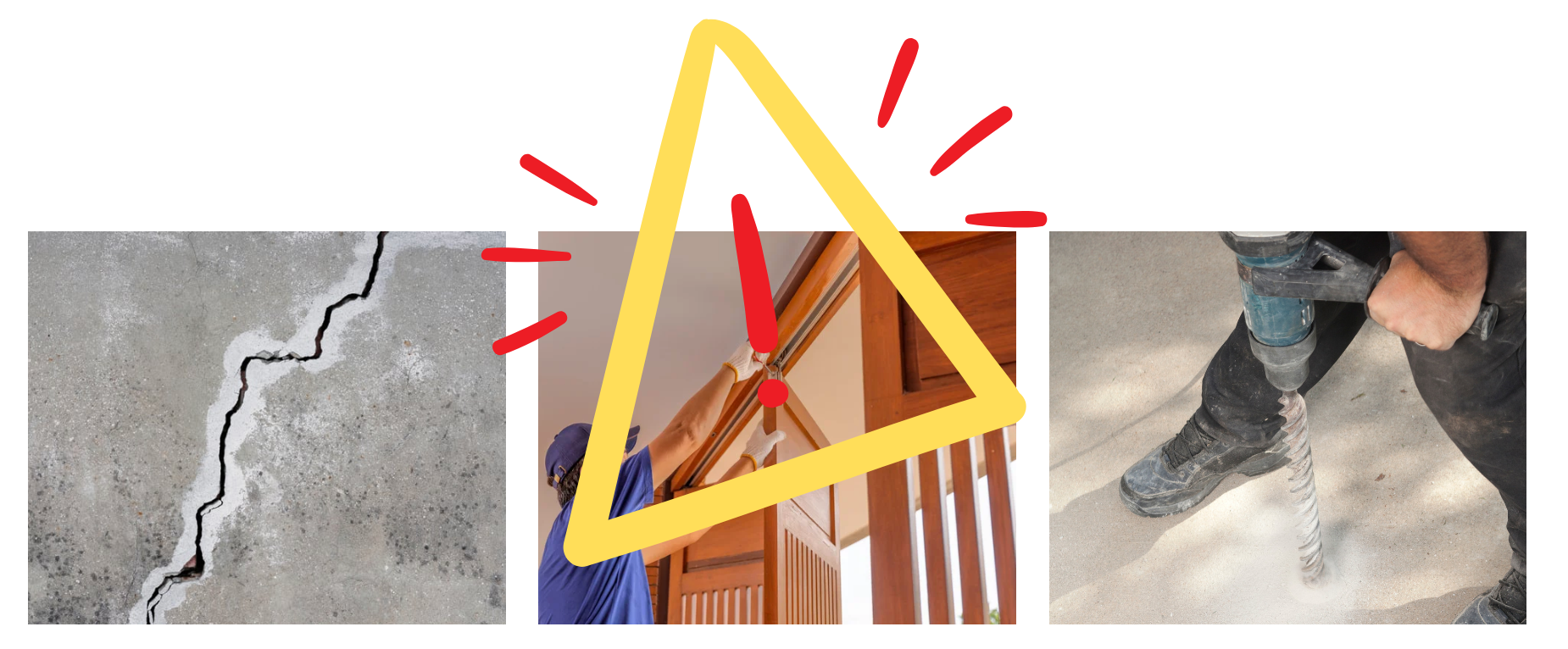
Structural Warning Signs
Water issues extend past your lawn—issues can contribute to severe structural issues throughout your house. Detecting wall cracks, sagging floors, or jammed doors could be evidence of drainage complications. French drains prevent these structural complications by forcing water away from the foundation system of your building.
Cracks in Walls or Ceilings
Evolutionary cracks in interior or exterior walls typically point to excessive moisture compromising your foundation structure. As foundations shift with water intrusion, wall stability is lost, and the structural integrity of your house may be compromised. French drains prevent foundation shifting by establishing proper moisture management.
Uneven or Sunken Floors
Water buildup under your building can lead to floor-level shifting or settlement. This is quite prevalent in homes that have basement areas or crawl spaces. Uneven floor sections or appearing lower than they used to can be due to water-logged foundation displacement. French drains give stability in the underlying soil conditions.
Doors and Windows Sticking
Excessive humidity causes wood elements to expand, causing functionality issues with doors and windows. Furthermore, shifting foundations caused by poor drainage also frequently result in misaligned framing. If resistance is encountered when opening or closing doors or windows, the addition of French drains will correct such problems by weakening the concentration of moisture along the perimeter of your home.
If you notice issues like standing water, foundation cracks, or eroded soil, a French drain could be the smart choice. Addressing them early will avoid costly repairs in the future. For expert solutions to drainage concerns, PierMagic Foundation Specialists can help with assessing your situation and installing the right system to protect your property.
Address
PierMagic Foundation Specialists
932 Locust Hill Circle
Belton, MO 64012
Serving: Grandview, Lee's Summit, Blue Springs, Leawood, Overland Park, Olathe, Raymore, Belton, Independence, Oak Grove, Liberty, Parkville, Butler, Columbia, Harrisonville, Peculiar, Pleasant Hill, and the greater Kansas City area
All Rights Reserved | PierMagic Foundation Specialists

